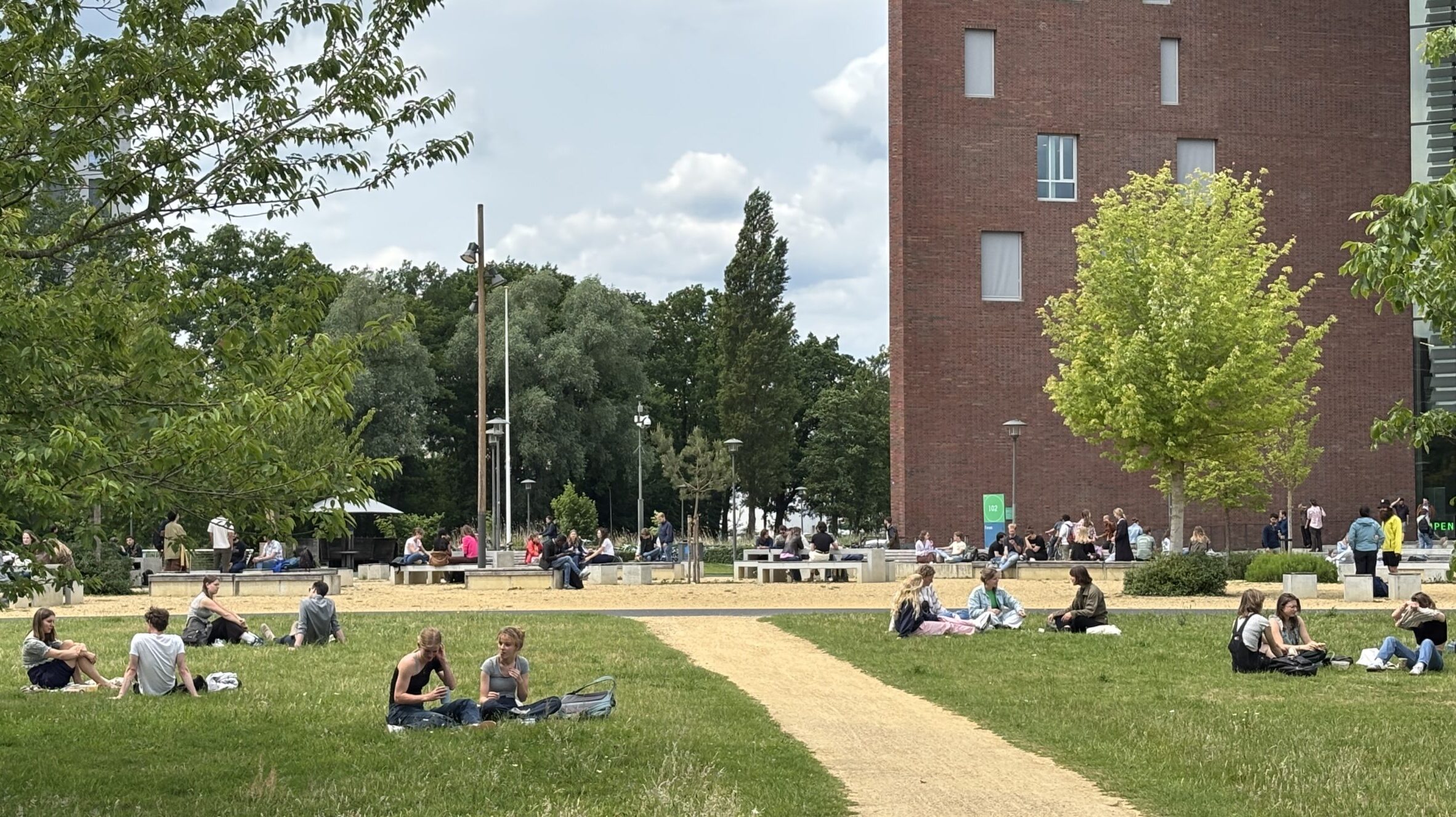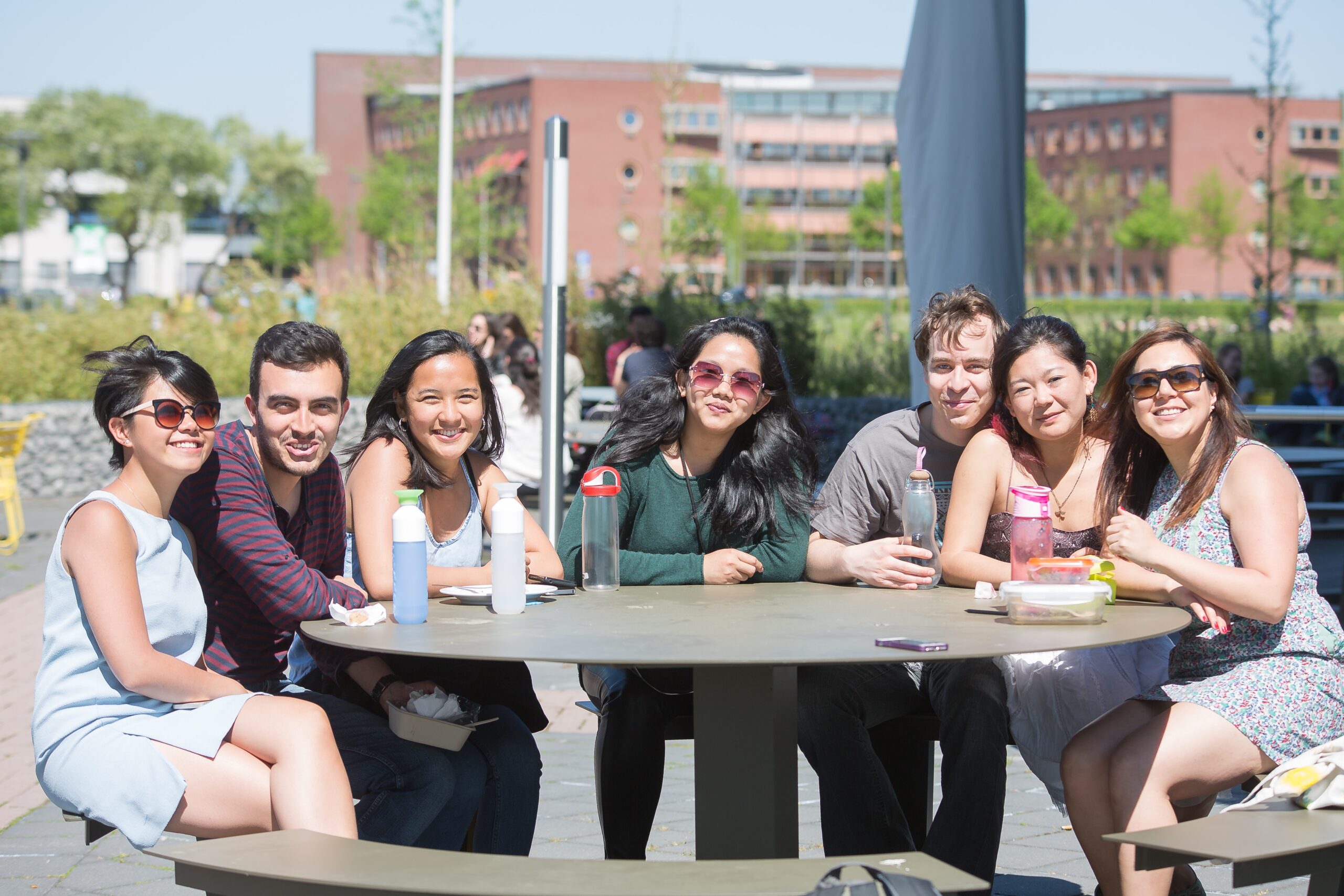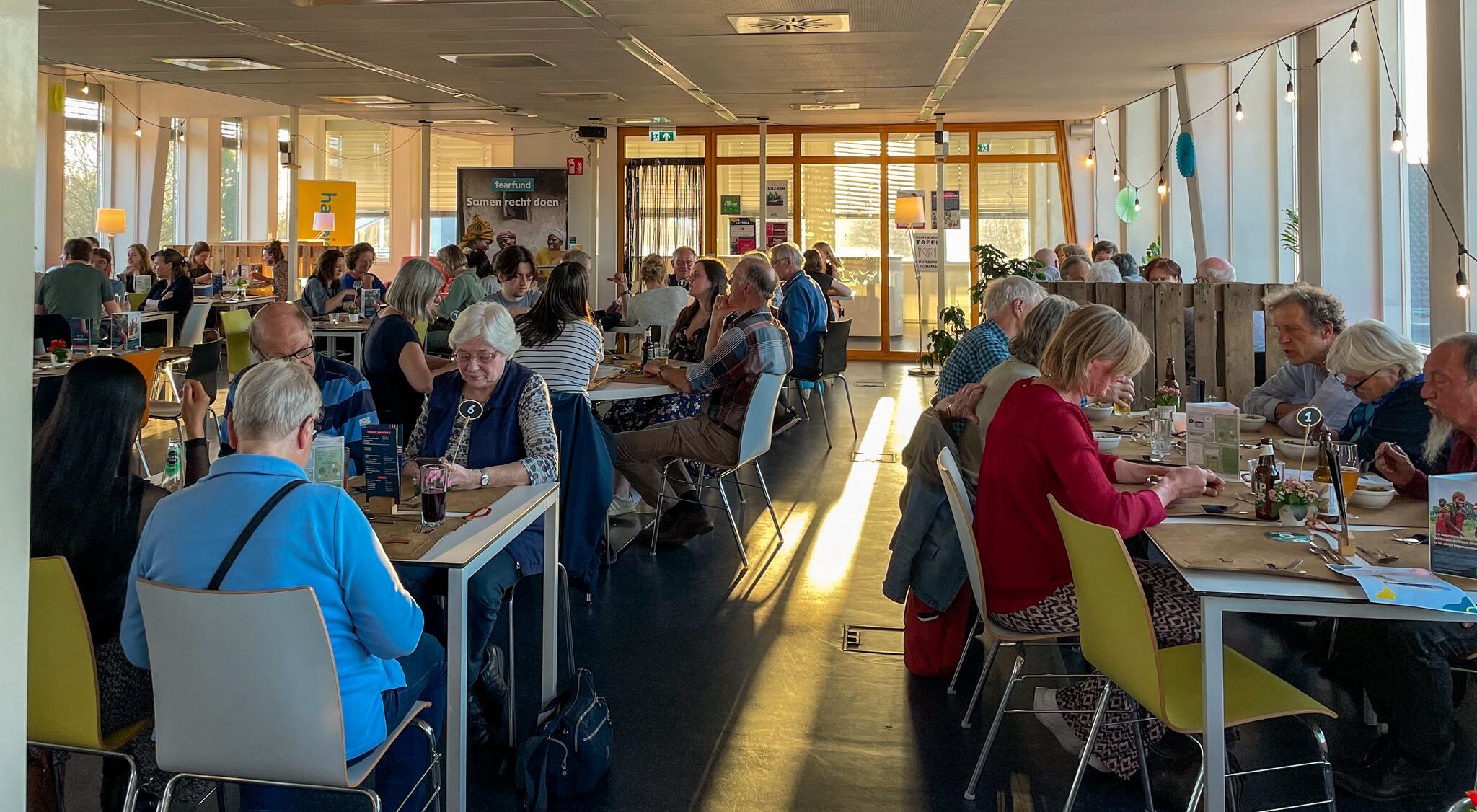The Student Medical Centre (SMC) has a bad name among some students. Negative experiences are being shared both in the Facebook group Wageningen Student Plaza and in Google Reviews. What’s going on?
An anonymous student who was dissatisfied with the SMC started the Facebook account ‘SMC Wageningen Stories’ last summer with the aim of collecting patients’ experiences, exposing the problems and instigating change. Resource got access to the complaints, two of which we have highlighted here (see insets). The respondents mention long waiting times, poor accessibility, how difficult it is to see a GP, and bills for advice that patients did not appreciate. ‘My toe was probably broken so I called the SMC,’ says one student. ‘The advice was “get some rest, take paracetamol and bandage the toe tightly.” A month later it was still hurting, so I called again. Same advice. No one helped me or showed me how to bandage a toe. I did get billed, though. To my mind, I was denied medical help but I still had to pay for it.’
International students are also baffled by the role of the assistant. ‘It is weird that you discuss what you think is wrong with the assistant and get treated without seeing the GP at all,’ says one student. Says another: ‘From my French perspective, it is not good for the secretary to screen you on medical matters.’ And even if you do manage to get an appointment, not all the experiences are positive. One of the complaints concerns a lack of privacy: someone sitting in the waiting room could listen in when a student was given an explanation about blood loss during a heavy period. Nevertheless, a glance at Google Reviews shows that many students who did get an appointment were positive. Disappointed 1-star reviews (‘terrible’) are interspersed with lyrical 5-star reviews (‘the best GP in my life’).
Understaffing
How do the staff at the SMC view all the criticism? Some of the complaints are familiar to GP Suzanne van Dinther and assistant Angela Hobé. While they cannot comment on all the individual stories, they would like to respond to the most frequently voiced complaints. ‘Waiting times are a big problem,’ says Van Dinther. ‘Unfortunately, we are understaffed. Currently, there are always two GPs and two assistants present, whereas we aim for three assistants: two to answer the phone and one to be at the reception desk.’ During the Covid period, staffing was even more difficult due to staff absences. ‘We have been looking for another assistant for some time. It’s almost impossible to find them these days.’ Due to understaffing, the SMC can temporarily only be contacted by phone in the mornings. ‘There is no other option for now.’
To enable it to continue helping students, the medical centre is focusing increasingly on online consultations. Van Dinther: ‘Patients can consult us online. Or you can email us with a photo, of a skin condition for example. The GP looks at it and tells you which ointment you need. We think of this as a modern way of helping people and keeping surgery hours free for more severe ailments. A lot of Dutch students like it because it’s so quick. But it can give the wrong impression and that’s a shame. We also hear that students get the feeling that the doctor doesn’t want to see them.
To my mind, I was denied medical help but had to pay for it
Even though there really are two GPs in the practice every day from eight to five.’ Hobé adds: ‘International students arrive here with expectations based on what healthcare is like in their home countries. Here it just works differently. Sometimes we get the feeling we start out 1-0 down from the moment someone registers with us.’
The assistant
Much of the criticism from students focuses on the gatekeepers: the assistants. Van Dinther thinks this is partly due to a lack of understanding about the role of the assistant in the Dutch healthcare system. ‘All assistants are medically trained and follow the triage guidelines, an instrument for asking questions to determine the urgency. This way, you quickly find out whether the situation is an emergency. That’s good because there are a limited number of appointments and medical emergencies get priority.’ For some conditions, an appointment is made with the GP, but assistants can often provide immediate advice, says Van Dinther. ‘As an international student, you might think: I want to see a doctor, so why is the receptionist telling me what to do? But an assistant is really not the same as a receptionist.’ Any advice given by assistants is subsequently discussed with a GP, Hobé says. ‘And if a patient really disagrees with our advice and there is time, we schedule an appointment with the GP. Even if we think she will only reiterate what we just said.’
Then there are the bills some students get. Hobé: ‘There are three types of health insurance: Dutch insurance, other European insurance and AON insurance for students from outside Europe.
Medical care is not part of a university’s remit
With the Dutch and AON insurance policies, we can claim directly, bypassing the patients. But with European insurance, you get sent the bill, which you then have to claim from the insurance organization yourself.’ Van Dinther: ‘A telephone consultation is a consultation too. I understand that that can be frustrating if you didn’t expect it. But that’s just how our healthcare system works.’
Role for WUR?
The anonymous student behind the SMC Wageningen Stories account thinks the university should intervene. Could WUR play a role? Yes and no, says student welfare manager Door van der Sloot. ‘We do not own the practice and we can’t make them hire an extra assistant.’ However, she does see a role for WUR in explaining how things work. ‘In other countries, it can be easier to see a doctor and you get antibiotics prescribed more quickly. Here, you will often be told: just wait a bit, you are not well but you will probably get better on your own. If you’re not used to that, you might feel you haven’t been listened to. But that’s just how the Dutch healthcare system works. It’s up to us to explain that to new students properly.’
A telephone consultation is a consultation too; that’s just how our healthcare system works
Since last academic year, an informative talk has been given on the Dutch healthcare system, the role of the GP and what WUR has to offer. ‘We are also working with the vaccination centre and the SMC on a new information desk where students can go with questions about common illnesses, lifestyle, the Dutch healthcare system and how it may differ from their home country.’
Can’t WUR go back to employing its own doctors as it used to? Not a good idea, thinks Van der Sloot. ‘Medical care is not part of a university’s remit. Yes, we offer our students a broad package of support, with training courses, workshops, coaching and psychotherapists. The focus lies on your area of study and on short-term assistance. We try to give students the tools to prevent them from getting stuck or burned out, but we are not a healthcare institution. If they need more than these tools, we refer them to the regular healthcare system.’
Complaints? Tell us
To students with complaints about the SMC, Van Dinther and Hobé have a clear message: tell us. ‘Then we can sit down with the patient,’ says Hobé. ‘That way the patient feels listened to, and we can see if there’s something we need to improve.’ A complaint can be submitted via the complaint form on the website or by email. Three complaints have been submitted so far this year, Hobé says. ‘With each complaint, the management looks at whether the practice made wrong decisions, and then we always contact the complainant.’ Students who prefer to submit their complaint to an independent complaints officer can contact the primary care complaints board SKGE. Hobé: ‘You can find more information about that on our website.’
- Student Medical Center
- Six GPs work part-time at the SMC, the equivalent of two FTEs
- About 5000 students are on the books
- The norm for a fulltime GP is 2150 patients. At SMC, there are 2500 patients per FTE. On the other hand, the 18-25 age group has lower than average healthcare needs
- Students can also register with other GPs, but they usually say ‘We are full, go to the SMC’
Lisa’s experience*
‘In three years, I have had at least six ear infections. I call the SMC every time and they always tell me to take ibuprofen or paracetamol and contact them if it is not gone in a fortnight. Painkillers help slightly, but then I am out of action for about 10 days. One of the times, I was given an appointment. The diagnosis was that it was indeed an ear infection and I was given antibiotics. Since it is a recurring problem, after yet another ear infection, I asked if they could refer me to an ENT specialist. They said they couldn’t do that because I had only been diagnosed with an ear infection once. That makes me feel I am not being taken seriously.’
Van Dinther: ‘If that is what happened, it is not right and I’m very sorry about that. I would ask Lisa to lodge a complaint with us, and then we will sort it out.’
Federico’s experience*
‘In my first year as a Master’s student, I felt very unwell, I had a high fever and it was hard to eat and breathe. I had already heard about the Dutch healthcare system, so I decided to wait three days before I called the doctor. When I called, the assistant told me to wait a few more days and take paracetamol. After the weekend, the situation had deteriorated, so I called again and because I was very sick, I asked for a home visit. That wasn’t possible, but at least I was finally able to make an appointment. Then it turned out I had bacterial bronchitis that was developing into pneumonia, and I had two weeks of antibiotics ahead of me. This might have been avoided if they had helped me right away.’
Van Dinther: ‘In Federico’s age group, you expect flu and it can make you feel very unwell for five days. If you go on running a fever for more than five days, a bacterial superinfection might have set in and you start considering the possibility of pneumonia. Federico called us after three days. If he had come in to the surgery, we would probably have said the same thing. If the phone call had given any reason to suspect pneumonia, he should have been given an appointment on the same day or the next day at the latest.’
*The students’ names have been changed for privacy reasons.

 Illustration: Valerie Geelen
Illustration: Valerie Geelen 

